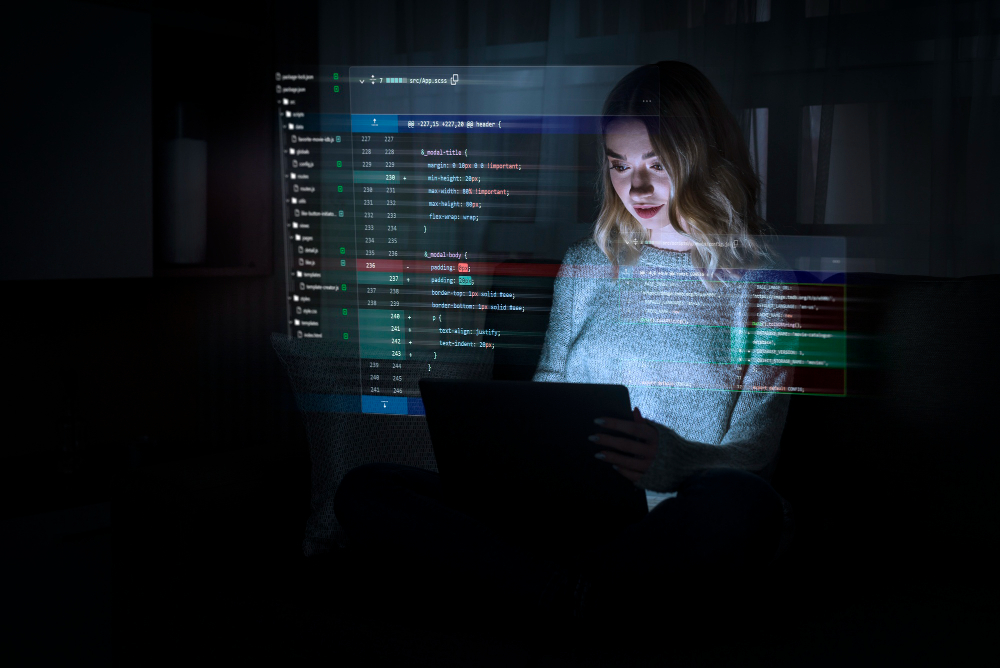
Cybersecurity has long been framed as a macho, hyper-technical space—dark hoodies, encrypted chatter, and a cold war of code. But in reality? Some of the most strategic minds defending our digital lives belong to women. And they’re not just working behind the scenes—they’re changing how we think about security altogether.
Meet Katie Moussouris, a cybersecurity powerhouse who helped create Microsoft’s first bug bounty program. Her philosophy? Pay hackers to find flaws before criminals exploit them. Her approach reshaped the industry, turning ethical hacking into a legitimate, respected career—and building a safer internet along the way.
Then there’s Eva Galperin, Director of Cybersecurity at the Electronic Frontier Foundation. Galperin’s focus isn’t firewalls—it’s people. She’s one of the few cybersecurity leaders centering her work on domestic abuse survivors, advocating for spyware detection tools to protect women from digital stalking by intimate partners. In a world obsessed with nation-state hackers, she’s protecting real humans, not just databases.
But the gender gap in cybersecurity remains stark. Women make up just about 25% of the cybersecurity workforce. And leadership? Even less. The culture still leans aggressively male, with conferences and teams often excluding or undervaluing women. Yet those who break in don’t just survive—they thrive and transform.
Why does this matter? Because security isn’t just about code—it’s about perspective. Women bring unique insights into how threats evolve, especially in social engineering, privacy, and online abuse. Their voices expand the lens of what safety means, making cybersecurity more responsive to real-world problems—not just theoretical attacks.
At the grassroots level, initiatives like Girls Who Code, Women in CyberSecurity (WiCyS), and Black Girls Hack are creating mentorship, training, and access. These aren’t just feel-good efforts—they’re essential pipelines to close the diversity gap and bring fresh thinking into a field desperate for it.
More importantly, women in cybersecurity are changing its tone. It’s not just about defense—it’s about ethics, empathy, and digital rights. It's about using cybersecurity as a tool for empowerment, not fear. From securing elections to protecting whistleblowers, they’re reimagining security as something inclusive, human-first, and deeply necessary.
The future of cybersecurity isn’t in hiding—it’s in leading. And women are already holding the keys to that future, one encrypted string at a time.
THR Newsletters
Sign up for THR news straight to your inbox every day


